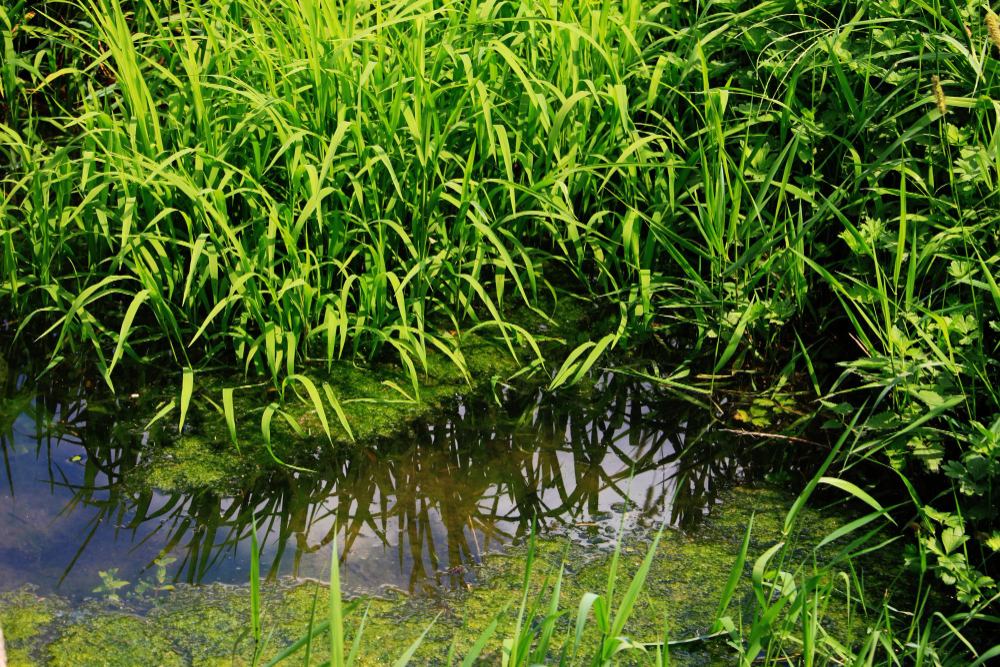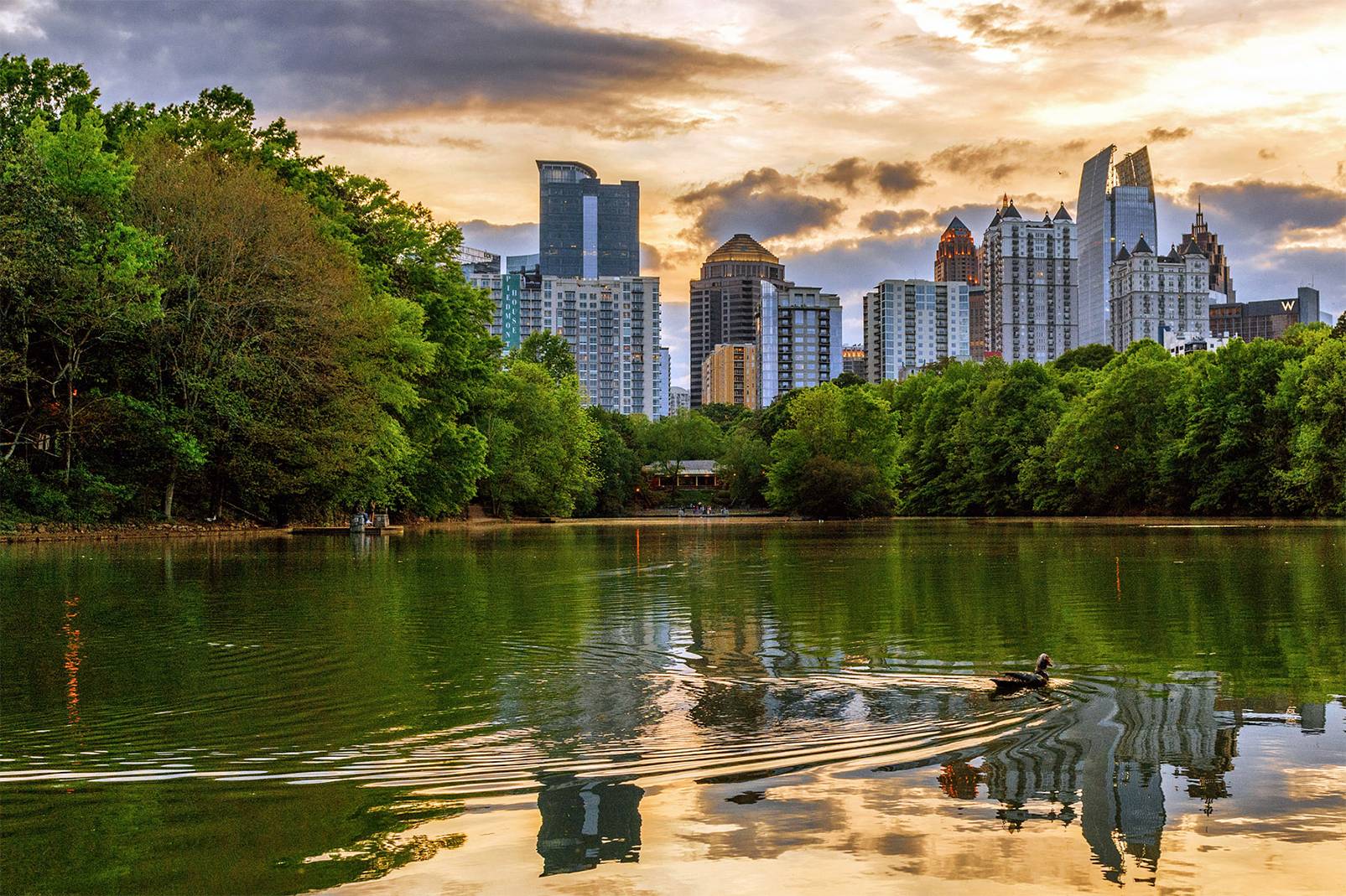
Pond maintenance is an elaborate duty involving many tasks. Managing weeds is a critical part of this chore, and we have some tips for you. In this brief article brought to you by Aquatic Restoration, we give our two cents’ worth on the art of pond weed management. If you’d rather have a professional handle your detention or retention pond maintenance, then call the time-tested specialists at Aquatic Restoration. Our team is on standby to take your call at any time of the day.
Weeds, often characterized by rapid growth and prolific reproduction, can quickly overrun aquatic ecosystems if left unattended. Their unchecked proliferation not only compromises the visual appeal of ponds and lakes but also disrupts ecological balance.
Dense weed growth impedes water flow, reduces oxygen levels, and hampers the growth of beneficial aquatic plants. Furthermore, certain weed species can harbor pests and pathogens detrimental to aquatic life.
In short, proactive weed management is essential to maintain the health and vitality of water bodies.
Effective weed management requires a holistic approach that combines various techniques to control weed growth while minimizing environmental impact. Integrated Weed Management (IWM) strategies encompass a spectrum of methods including mechanical, biological, chemical, and cultural interventions. By integrating multiple approaches, pond owners can achieve sustainable weed control while preserving aquatic biodiversity.

Mechanical control methods involve physically removing weeds from the water body. This can be through manual or mechanical techniques such as hand-pulling, raking, cutting, or dredging.
These methods are particularly effective for targeting localized weed infestations and are environmentally friendly alternatives to chemical treatments. Regular maintenance schedules should be established to prevent weed regrowth and maintain optimal water quality.
Biological control employs natural predators or competitors to manage weed populations. Introducing herbivorous fish species such as grass carp or utilizing biological agents like insects or microorganisms that feed on specific weed species can help control weed growth without the need for chemical interventions.
However, careful consideration must be given to the compatibility of biological control agents with the existing ecosystem to prevent unintended consequences.
Chemical treatments such as herbicides offer targeted control. Selective herbicides specifically target certain weed species while minimizing harm to non-target organisms.
It is essential to adhere strictly to label instructions and regulations governing chemical use to ensure safety and minimize environmental impact.
Additionally, chemical treatments should be applied judiciously, considering factors such as water temperature, weather conditions, and proximity to sensitive habitats.
Cultural practices focus on altering environmental conditions to discourage weed growth. Measures such as promoting native vegetation, maintaining balanced nutrient levels, and minimizing nutrient runoff from surrounding areas can help create unfavorable conditions for weed proliferation.
Regularly monitoring water quality parameters and adopting sustainable land management practices contribute to long-term weed management efforts.
Aquatic Restoration has over 35 years of experience with managing and maintaining ponds and lakes of all shapes and sizes. If you’d like to consult with a trained professional, then call Aquatic Restoration. Our team is on standby to take your call today.
Lake management is an integral part of keeping your lake in peak condition. It involves activities such as lake…
There are many incredible benefits that come with restoring natural lake depth. Not only does it improve water quality…
When it comes to maintaining healthy water bodies, there are two primary methods that are often used: dredging and pond…
There’s peace of mind in knowing you have a reliable detention pond on your property. These man-made ponds temporarily hold…
Owning waterfront property is a dream come true for many people. Everything from the stunning views to a relaxing lifestyle…